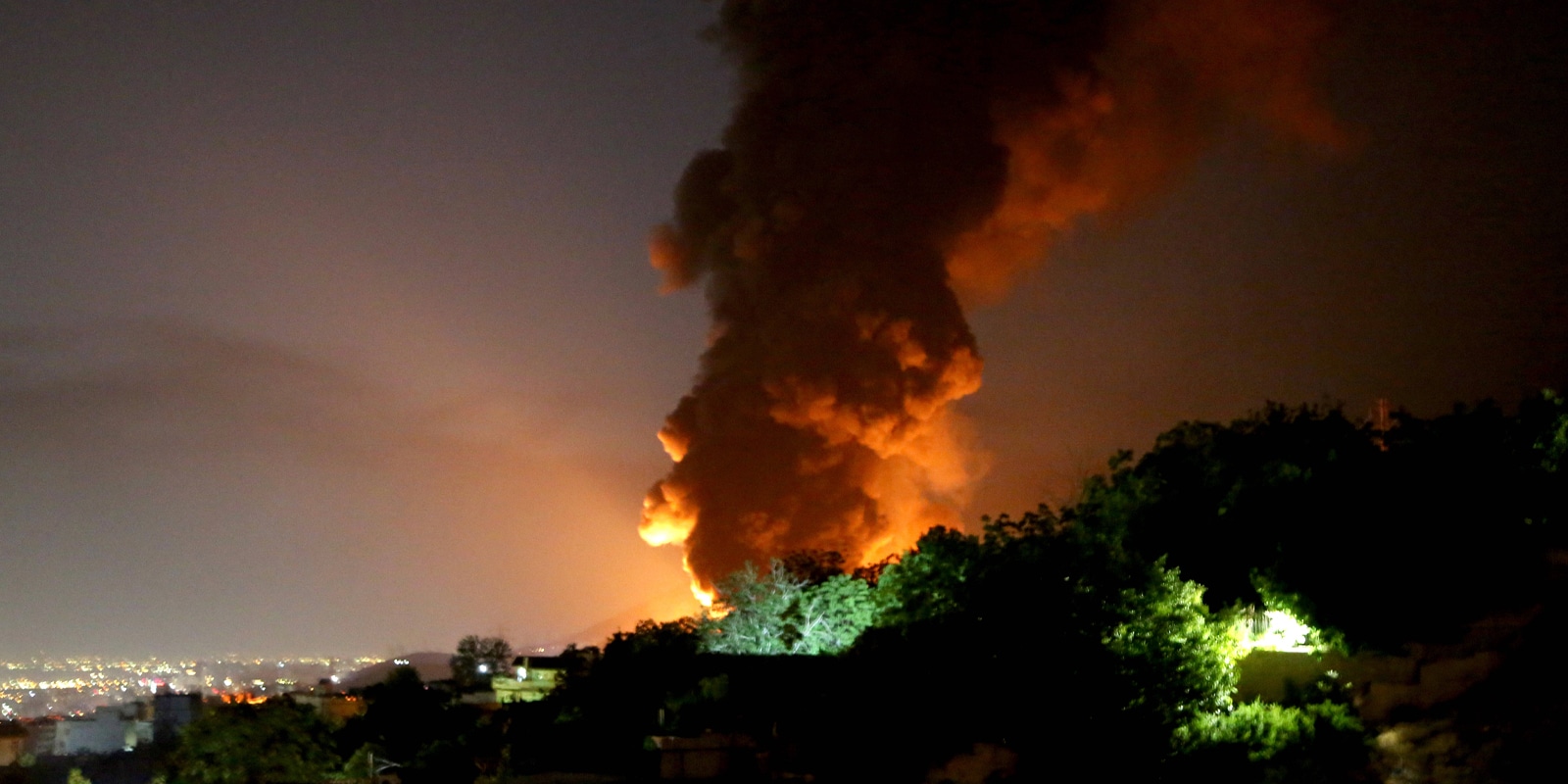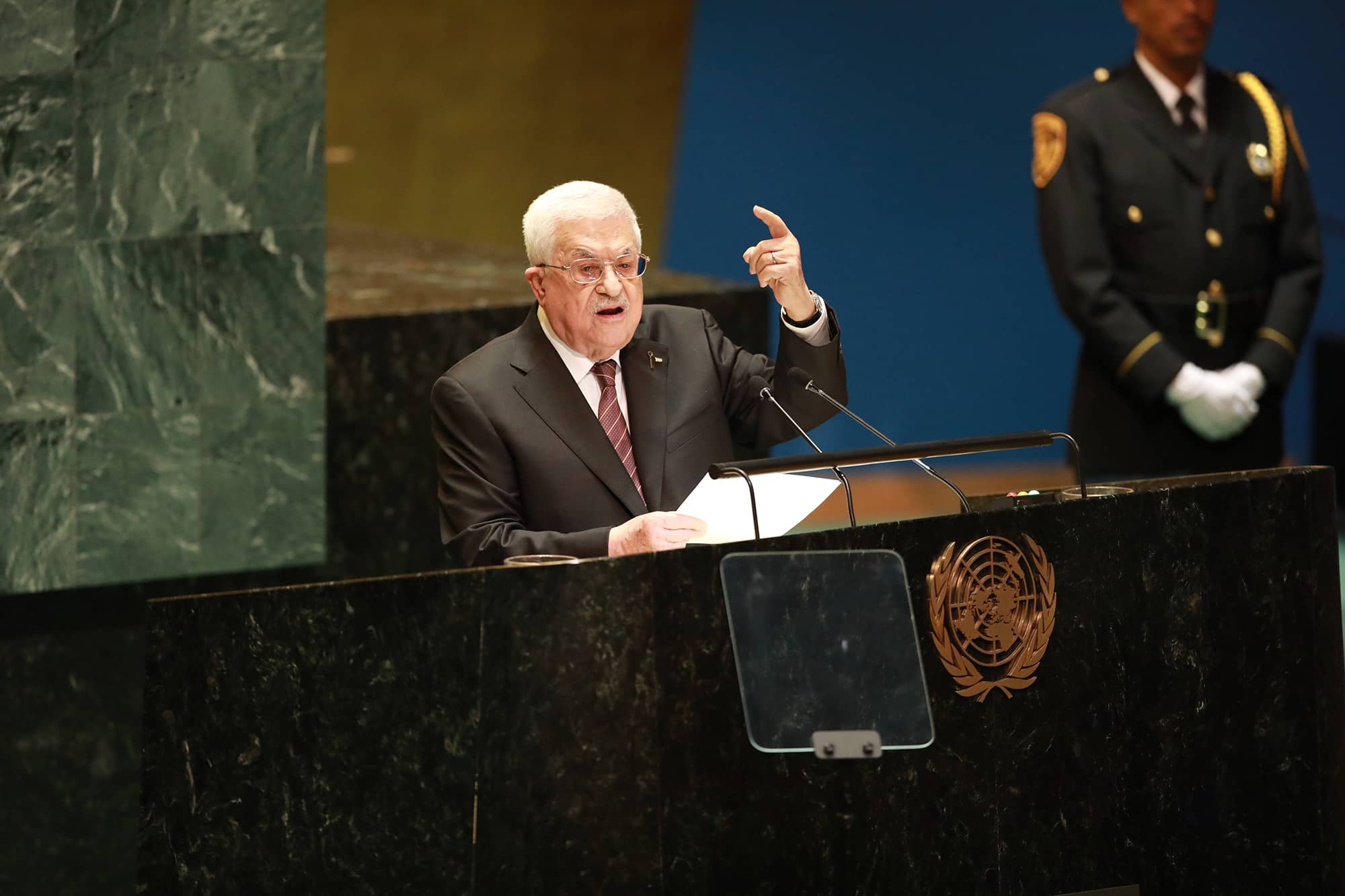Israel’s massive and unprecedented June 13 strike—targeting Iranian nuclear facilities, senior officials, air defenses, missile silos, and more—has stunned much of the international community. For years, experts debated whether Jerusalem had the capability—or the nerve—to carry out such an operation on its own. But for those of us who have closely tracked the evolution of Israeli strategy and intelligence operations, the strike is not a complete surprise.
The fundamental principle guiding Israel’s approach to Iran has never changed: the Islamic Republic must not be allowed to acquire nuclear weapons. This imperative is enshrined in what has come to be known as the Begin Doctrine—named after Prime Minister Menachem Begin, who ordered the bombing of Iraq’s Osirak reactor in 1981. It was reaffirmed in 2007 when Israel destroyed a Syrian reactor. And it has been central to Israeli strategic thinking ever since.
Iran’s nuclear weapons program has long been a red line for Israel. The 2018 Mossad operation to steal Iran’s nuclear archive from a warehouse in Tehran proved that the Islamic Republic had lied to the world for years about its intentions. Far from abandoning its ambitions, Iran had preserved the plans, calculations, and designs of its weapons project long after it claimed to have shut it down. The archive included 55,000 pages and 183 CDs, revealing an astonishing depth of nuclear weapons research—conducted in secret, far from the gaze of international inspectors.
Then Mossad Director Yossi Cohen described the archive as a “smoking gun.” To an extent, it changed the conversation in Washington, Paris, and Vienna—but not in Tehran. Iran continued to enrich uranium, expand its ballistic missile program, and build out a network of regional proxies capable of striking Israel from all sides.
Cohen’s successor David Barnea said at an award ceremony for outstanding Mossad agents in 2021 that “Iran will not have nuclear weapons, not in the coming years, not ever. That is my promise, that is the Mossad’s promise.”
Israel has long prepared for the possibility of going it alone. For years, Israeli officials made clear that if intelligence showed Iran approaching a nuclear weapon, the Begin Doctrine would be invoked again—and a military raid launched, no matter the cost.
Early reports and statements from Israeli officials suggest that such intelligence had been obtained—namely that the Iranians had begun work on weaponization. Moreover, Iran had made it clear that it refused to accept American proposals for a new nuclear deal, it had accumulated large amounts of highly enriched uranium since the first Trump administration pulled out of the JCPOA in 2018 and had failed to provide sufficient responses to the International Atomic Energy Agency (IAEA). Additionally, Israeli Prime Minister Benjamin Netanyahu stated that the Iranians were also developing a ballistic missile program on a scale that posed an existential threat to Israel.
Iran has already commenced payback, and the risk of regional war exists. But for Israel’s leadership, the risks of inaction—of allowing the Islamic Republic to cross the nuclear threshold—by far outweighed any potential cost.
“We can’t leave these threats for the next generation,” Netanyahu said, adding, “Because if we don’t act now, there will not be another generation. If we don’t act now, we simply won’t be here.”
The strike marks the transition from shadow war to open conflict. It is the culmination of a decades long policy that Israel will not entrust its survival to external forces, a policy that was magnified by the trauma of October 7, which shattered any remaining illusions about the costs of waiting too long to confront existential threats.
October 7 also reshaped regional dynamics. The subsequent conflict across multiple fronts saw Hezbollah degraded by months of Israeli strikes, its arsenals depleted, and senior leaders and commanders killed. Hamas, meanwhile, has been all but decapitated in Gaza, its missile production and launch capabilities destroyed. Syria, once a conduit for Iranian weapons and fighters, is no longer an actor in the equation after the fall of the Assad regime sparked by the defeat of Hezbollah. And crucially, Iran’s own air defense systems were badly damaged in Israel’s October 2024 strike, which paved the way for deeper penetration and a wider target set in this latest attack.
Whether the strike on Iran proves to be a single operation or the opening salvo of a broader war, one thing is now unmistakably clear: Israel will not allow Iran to cross the nuclear threshold. It has said so again and again. On June 13, it showed that it means what it says. Its resolve to finish the job should not be questioned.
JISS Policy Papers are published through the generosity of the Greg Rosshandler Family.















Disarm Hamas or Face a Partitioned Gaza